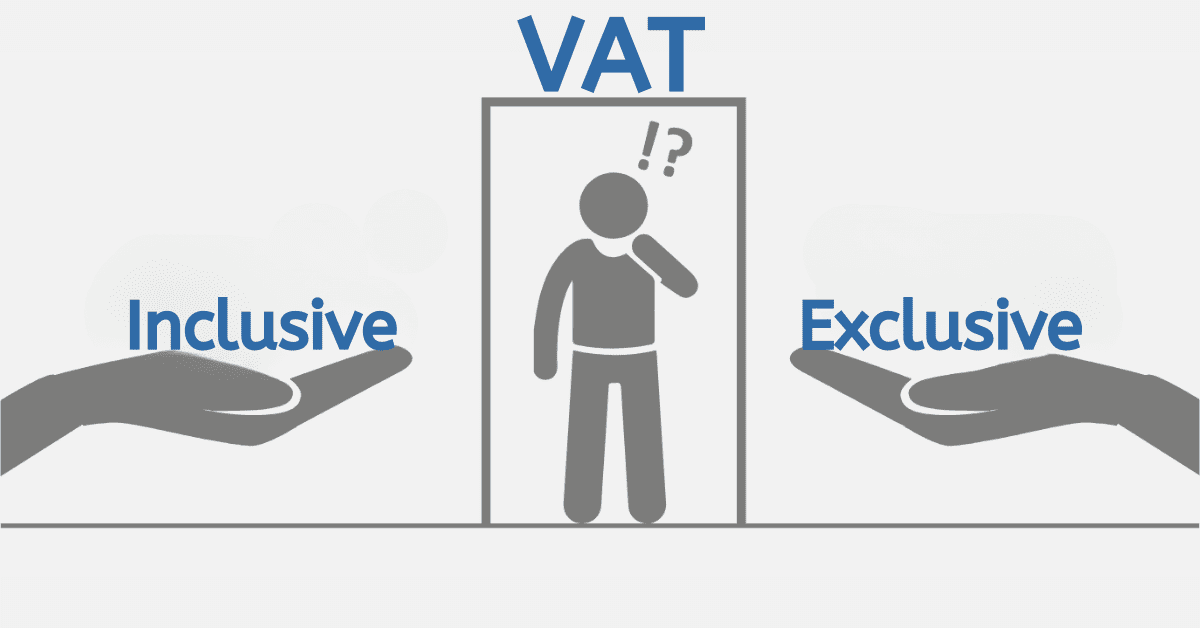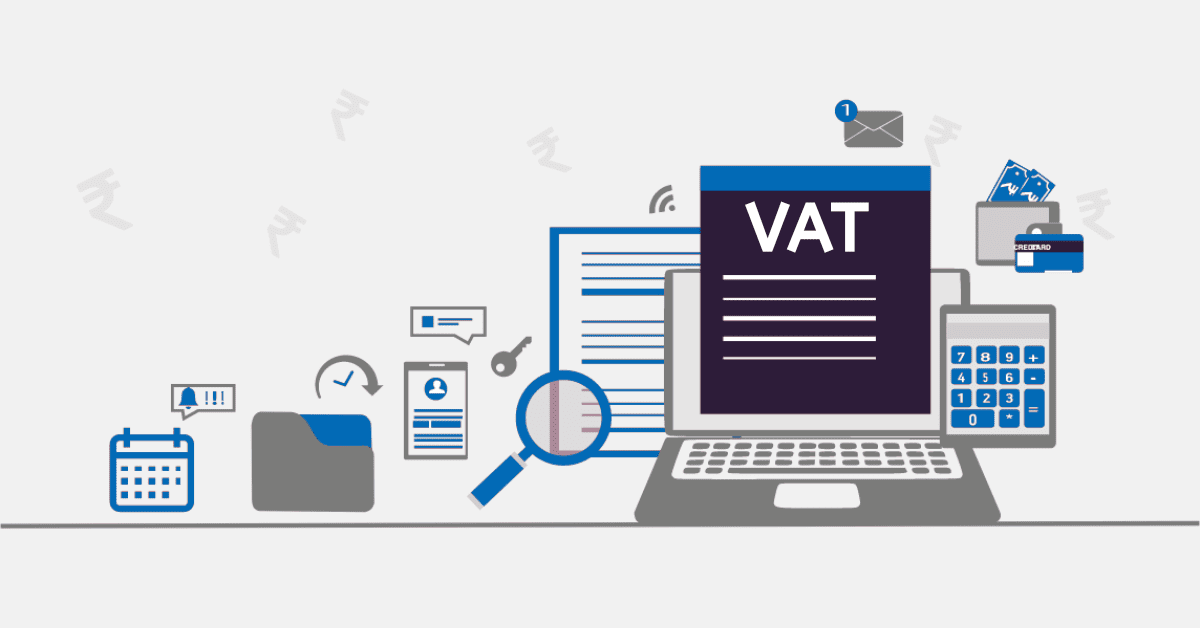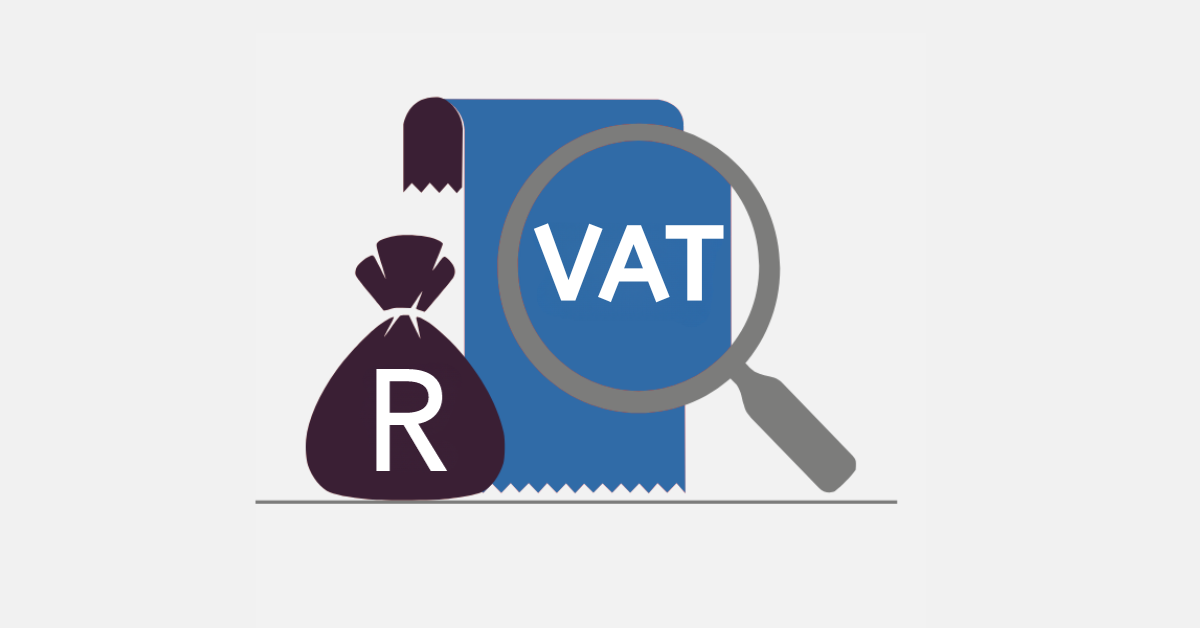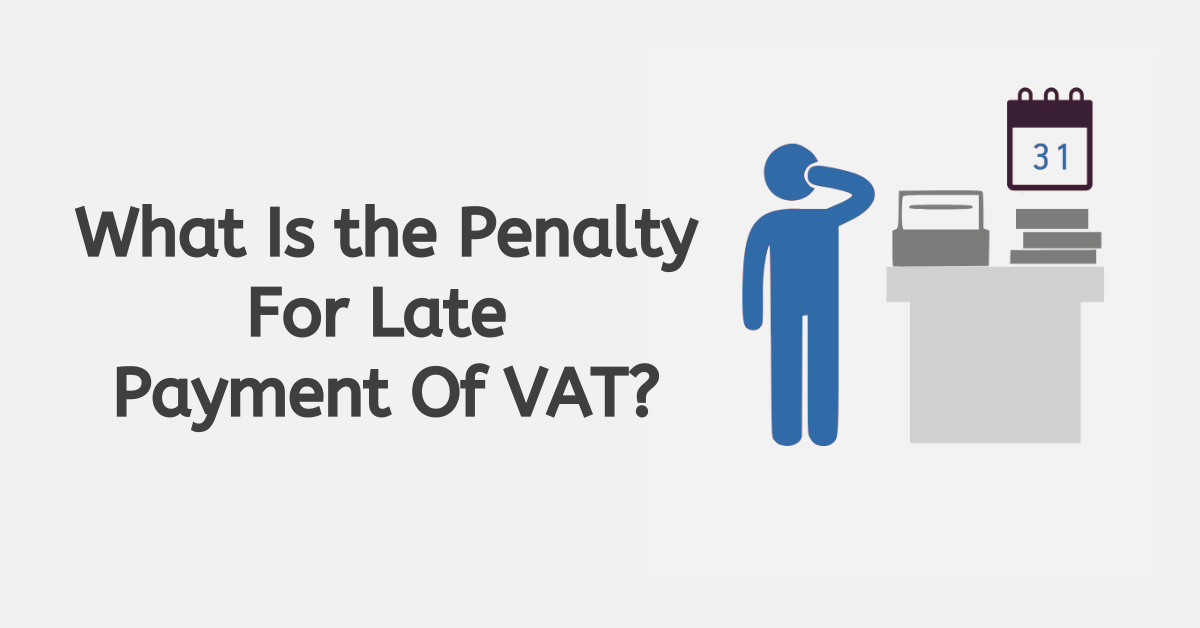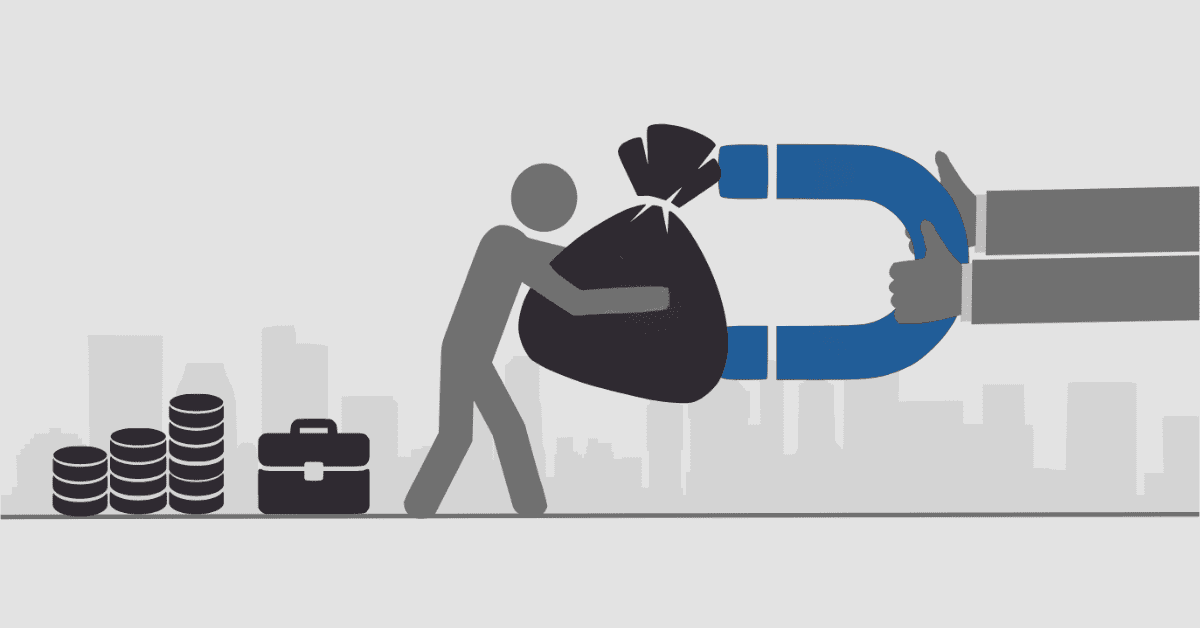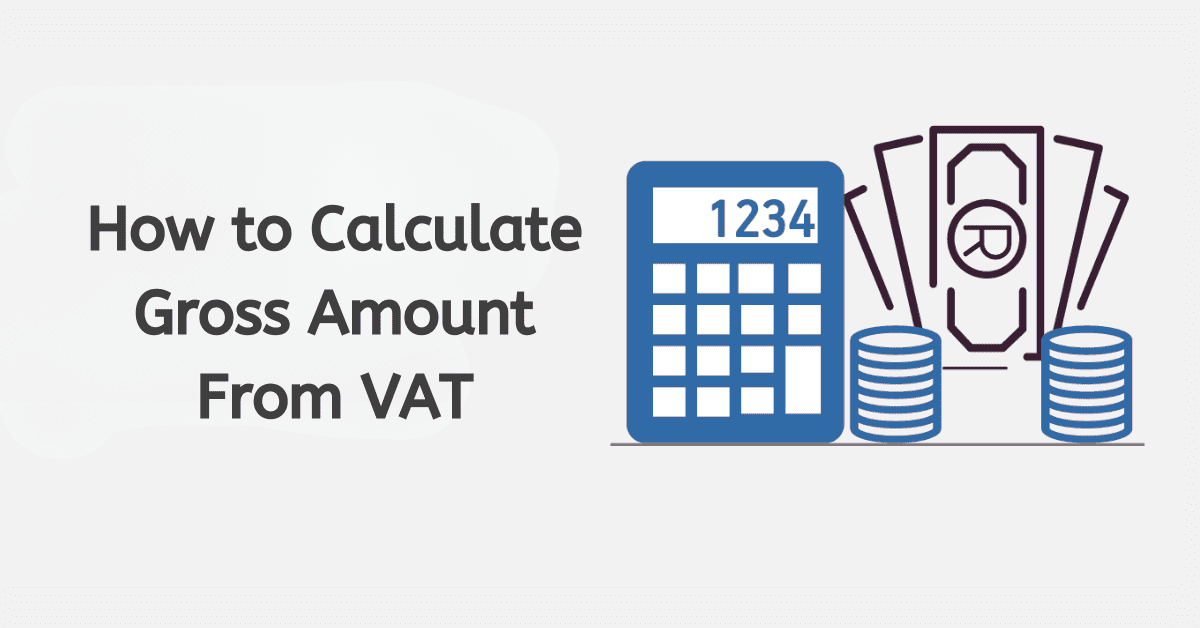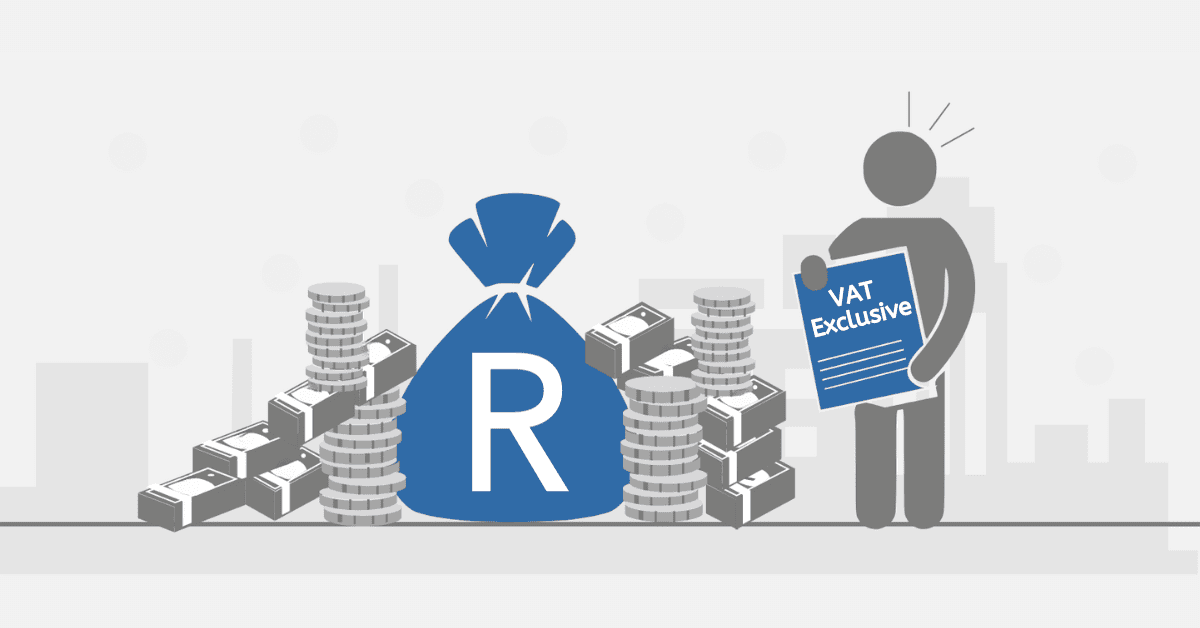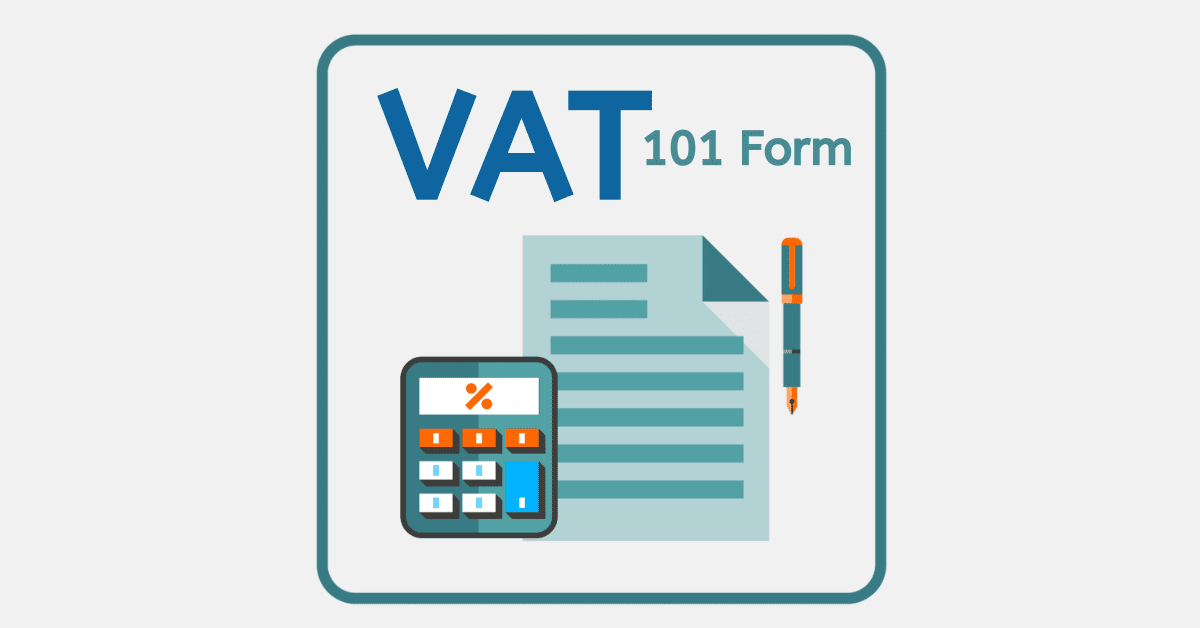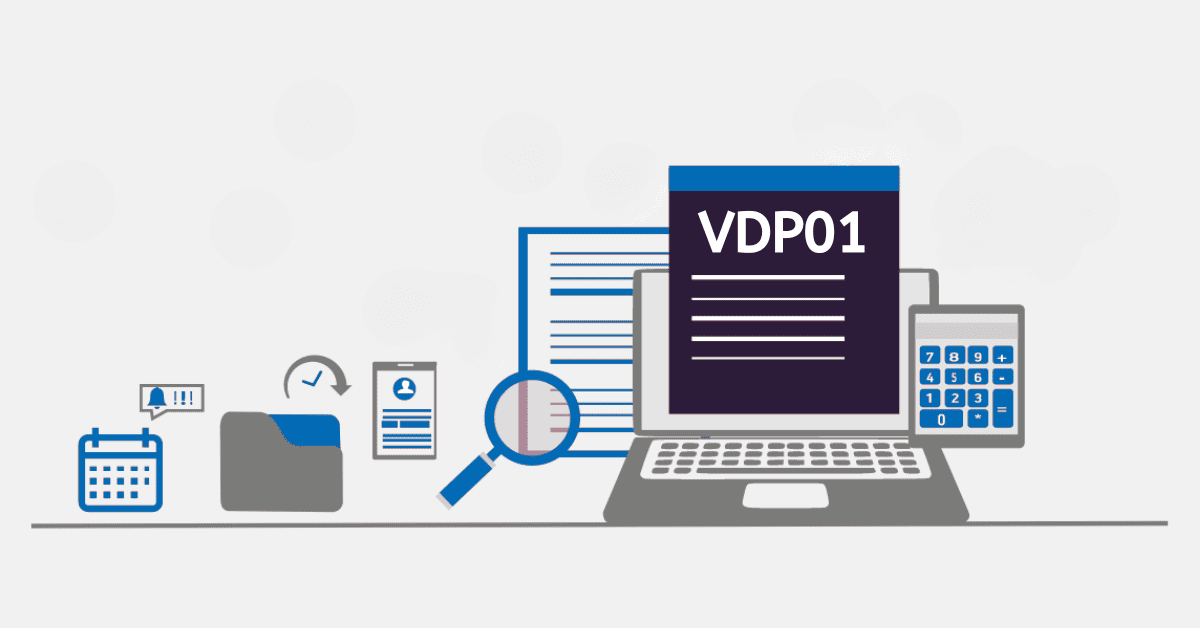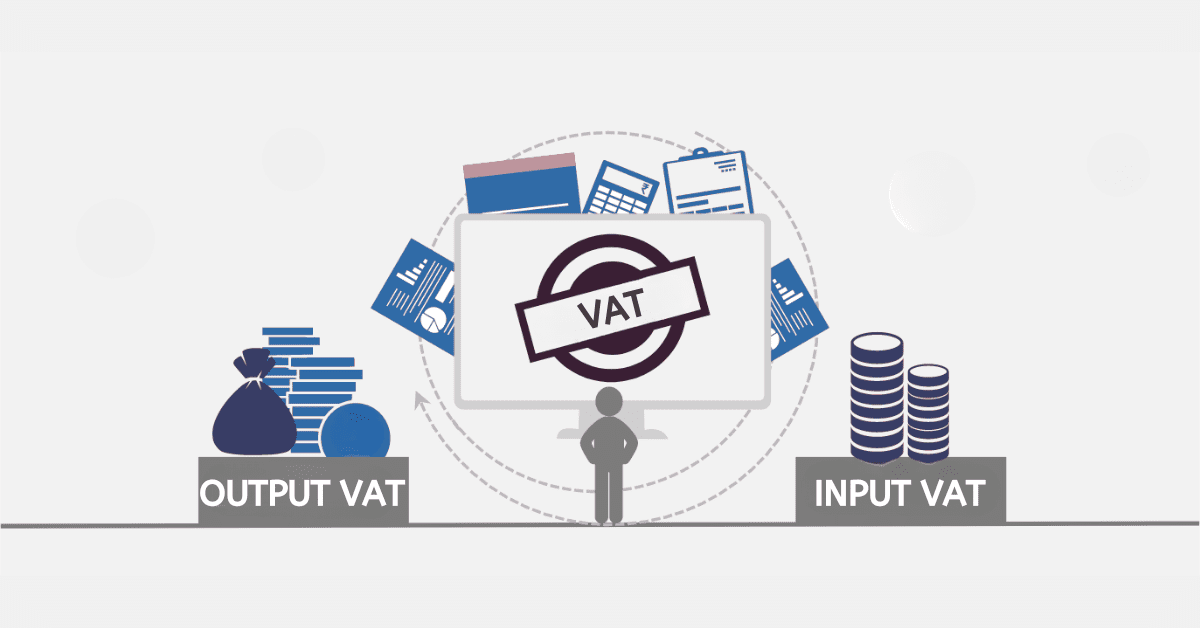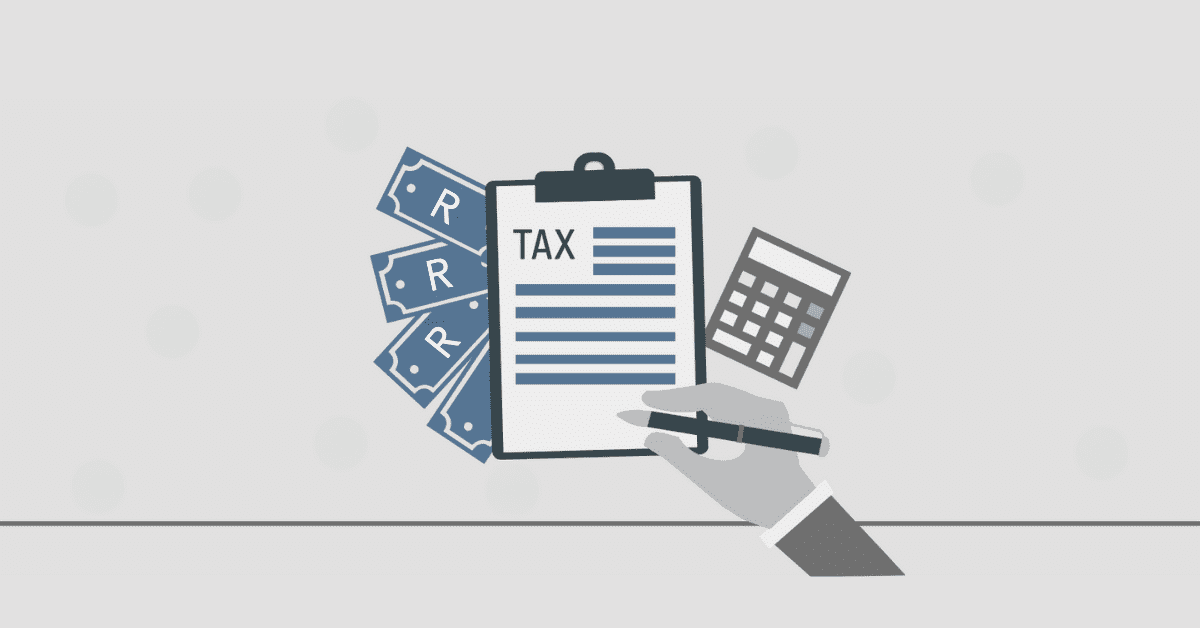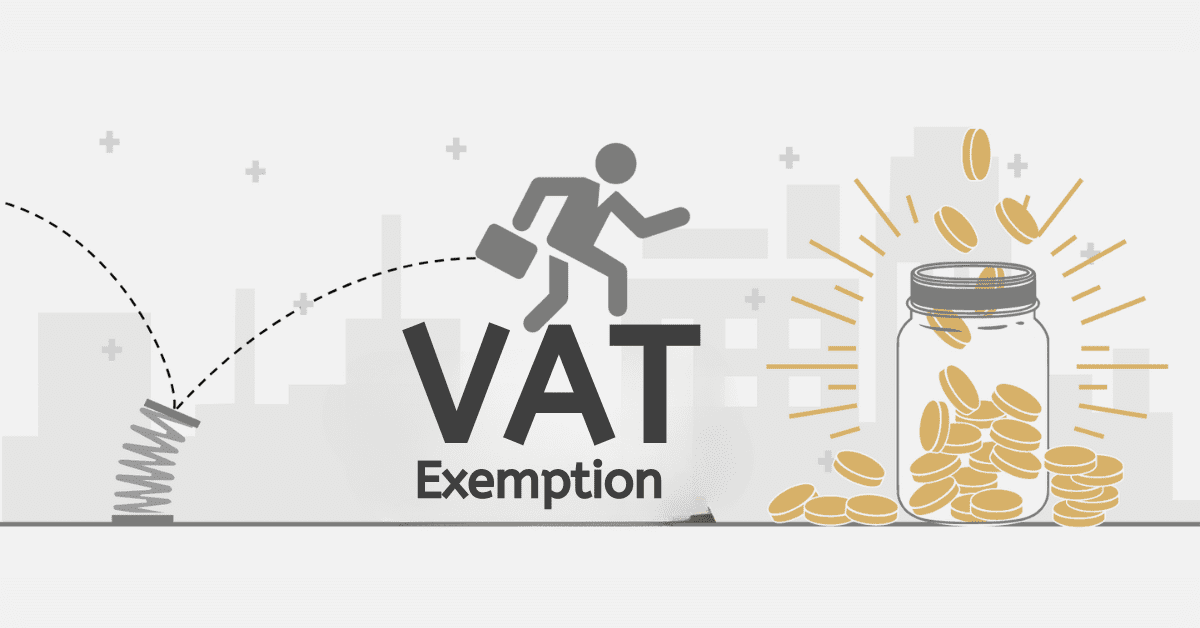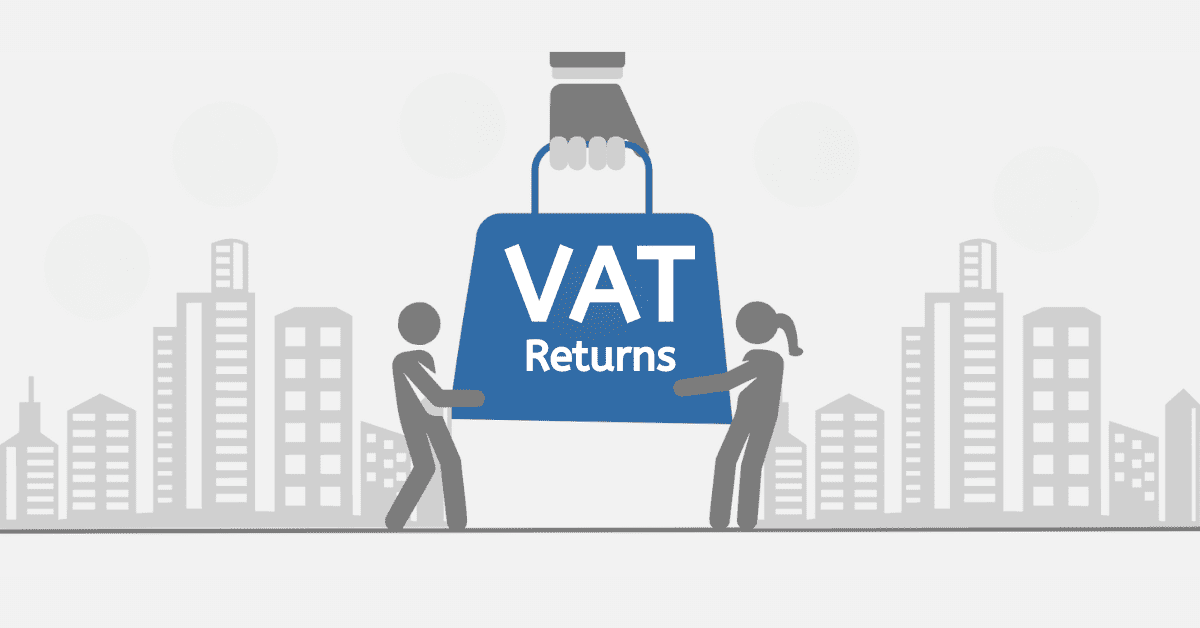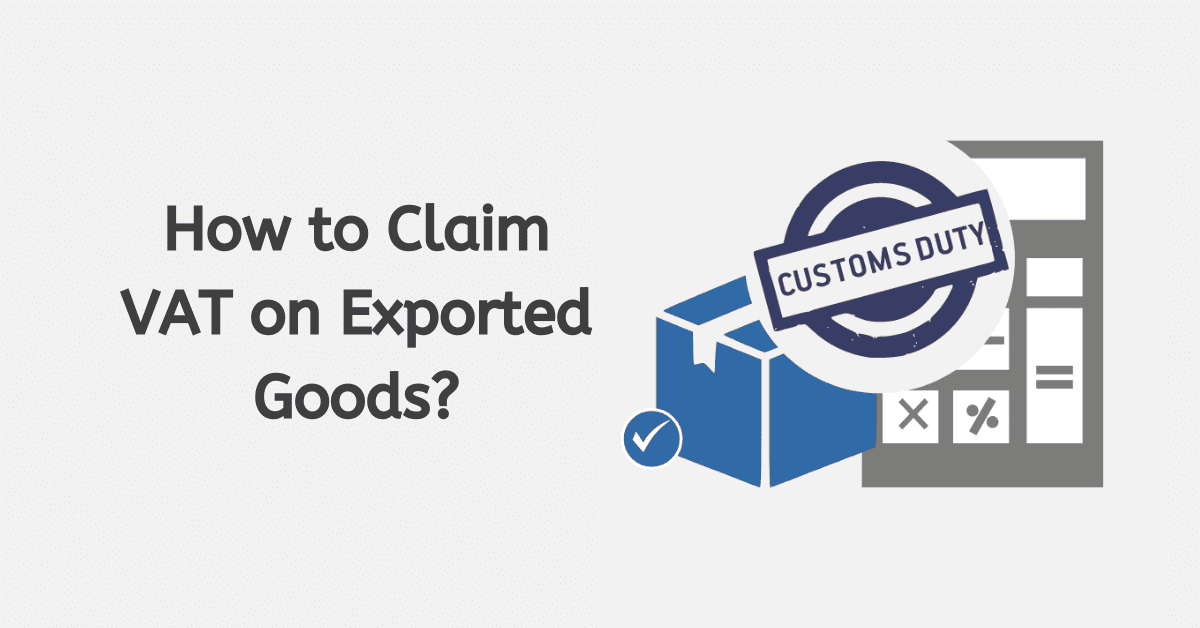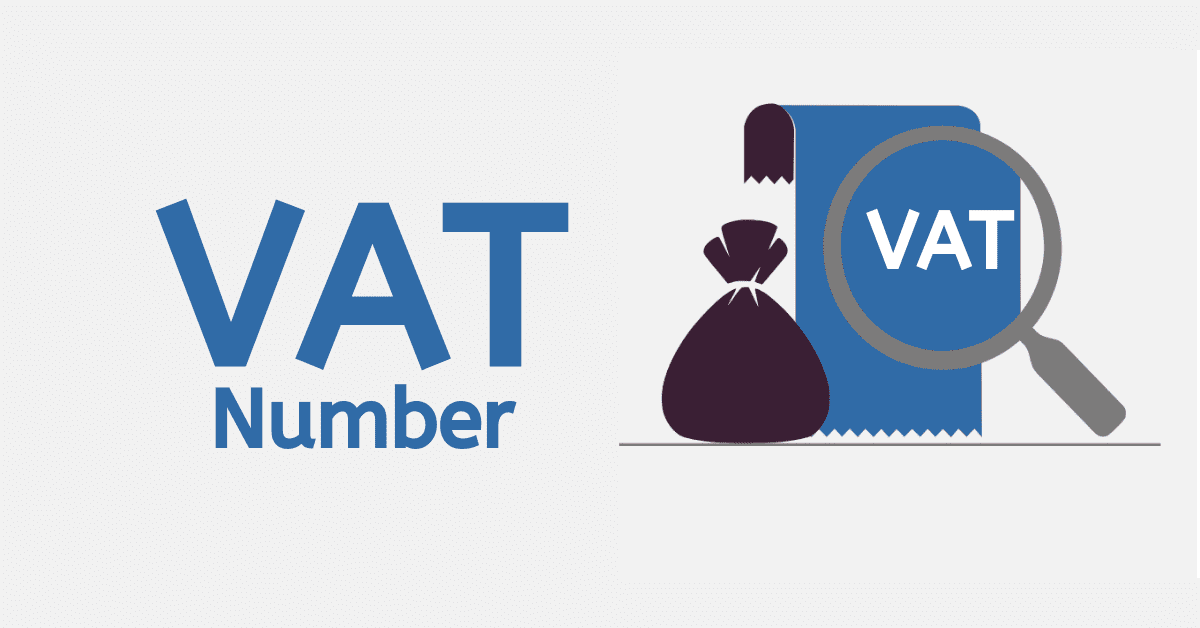VAT is levied on the value added at each stage of the supply chain, and consumers ultimately bear the tax’s cost. In South Africa, VAT plays a crucial role in government revenue collection. This guide explores the income thresholds for individuals and businesses that trigger VAT obligations, who qualify to pay VAT in South Africa, and exemptions from VAT.
How Much Must You Earn to Pay VAT in South Africa
Individuals and VAT
In South Africa, individuals usually don’t pay VAT based on income. It’s mainly businesses that collect and remit VAT to the government. Individuals who make purchases or use specific services pay the applicable VAT, irrespective of their income level. The standard VAT rate is 15%, but some goods or services might be charged at a 0% rate.
Businesses and VAT
VAT registration for businesses in South Africa is mandatory when their total income exceeds a certain threshold. Businesses should register for VAT if their earnings in any continuous twelve-month period surpass or are expected to surpass the designated threshold. It’s prudent to stay updated with the South African Revenue Service for the latest threshold details, as it may change over time. Usually, this threshold is based on a specific annual income, and businesses surpassing this limit must apply VAT to their taxable supplies and file VAT returns to SARS.
Who Qualifies to Pay VAT in South Africa?
Businesses and VAT Obligations
In South Africa, businesses are the primary entities responsible for paying VAT. They qualify to pay VAT when their income exceeds the prescribed threshold. This means businesses, including sole proprietors, partnerships, and corporations, must register for VAT and collect VAT on taxable supplies they make to their customers. VAT-registered businesses must also submit regular VAT returns to SARS, reflecting the VAT collected from customers (output tax) and the VAT paid on their expenses (input tax).
Foreign Businesses
South Africa may also impose VAT obligations on foreign businesses that supply goods and services within the country. These businesses might need to register for VAT in South Africa and charge VAT on their sales, depending on their activities and the threshold for registration. Foreign businesses should consult with tax authorities or legal experts to understand their specific VAT obligations in South Africa.
How Much Must a South African Business Make to Pay VAT?
VAT Registration Threshold
The VAT registration threshold in South Africa can change, and it’s typically announced by the government. While I can’t provide the exact current threshold as of today’s date, you can find this information on the official website of the South African Revenue Service or consult with a tax professional. As mentioned earlier, businesses must register for VAT if their total income exceeds or is likely to exceed this threshold in any consecutive twelve-month period. Keeping track of changes in this threshold is essential to ensure compliance with VAT regulations.
VAT Rate
Once a business is registered for VAT, they must charge a 15% VAT rate on their taxable supplies, the standard rate in South Africa. Some supplies may qualify for a zero rate, while others may be exempt from VAT. The VAT collected is then reported and paid to SARS regularly, typically monthly. Businesses must also claim input tax credits for VAT paid on their expenses, reducing their overall Value Added Tariff liability.
Who is Exempt from Paying South African VAT?
VAT Exemptions
While most goods and services are subject to VAT in South Africa, certain exemptions and special rules exist. Some of the common exemptions include:
- Financial services such as insurance and banking.
- Healthcare services by registered healthcare professionals.
- Educational services by recognized institutions.
- Sale of residential properties.
- Essential grocery products such as bread and fresh produce.
Moreover, certain items might fall under the zero-rate VAT category, implying they remain VAT-eligible but are charged at a 0% rate. This includes exports of goods and certain other supplies as determined by the VAT Act.
Small Businesses
Small businesses with a total income below the VAT registration threshold are exempt from registering for VAT. However, they may choose to register voluntarily if it benefits their operations. Voluntary registration allows them to claim input tax credits and may improve their competitiveness, especially if they supply goods or services to VAT-registered entities.
Non-Profit Organizations
Charitable organizations in South Africa also adhere to specific VAT regulations. Although they might qualify for VAT exemptions on specific activities, they must still fulfill VAT obligations related to other income-generating endeavors. Given the intricacies of the regulations, non-profits should seek guidance from tax professionals to ensure full compliance.
In conclusion, individuals do not need to meet a specific income threshold to pay VAT in South Africa; VAT is primarily collected from businesses when their income exceeds the prescribed threshold. Businesses need to monitor their income and VAT obligations, and individuals should be aware of VAT when purchasing. VAT regulations can be intricate, and individuals and businesses should seek professional guidance to navigate the VAT system effectively in South Africa. Additionally, staying informed about changes in VAT thresholds and regulations is crucial to maintaining compliance with the law.
